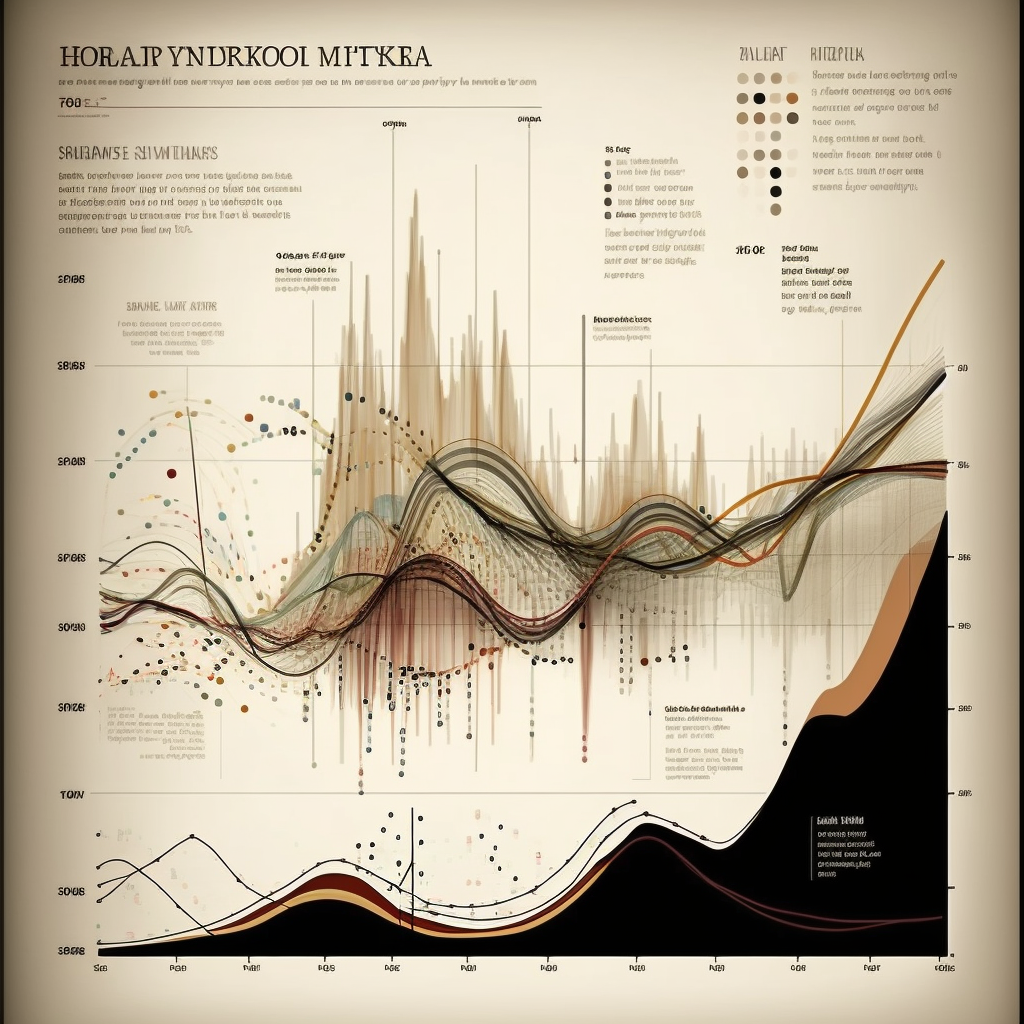Engaging in exploratory data analysis empowers data scientists to navigate and shape data sources, facilitating the validation of hypotheses and the revelation of underlying patterns. Exploratory data analysis, often referred to as EDA, serves as an indispensable methodology in the toolkit of data scientists, enabling them to delve into data sets, synthesize their fundamental attributes, and frequently harness data visualization techniques.
The practice of exploratory data analysis streamlines the adept manipulation of data sources, lending invaluable support to data scientists as they scrutinize assumptions and hypotheses, all while uncovering intricate data patterns.
Today, we present a compilation of the premier online courses specializing in exploratory data analysis.
- Mastery of Exploratory Data Analysis: ADaSci Offered by the Association of Data Scientists, this workshop caters to individuals aspiring to achieve mastery in the domain of data analytics, spanning from foundational concepts to advanced proficiency. Upon completing this intensive workshop, participants will attain a profound comprehension of data analysis techniques, diverse analytical methodologies, and hands-on proficiency in statistical data analysis and data visualization utilizing Python. The comprehensive curriculum will be facilitated by the erudite Vaibhav Kumar. Prerequisites encompass a solid grasp of Python, statistical acumen, and familiarity with Jupyter/Colab Notebooks. For more comprehensive details, please follow this [link](insert hyperlink).
- Understanding Novel Data – Pioneering Analysis in R: Udemy Presented by R-tutorials training, this course equips students with the prowess to employ R for the purpose of comprehending and dissecting novel data sets, laying the foundation for their data analysis ventures. Successful completion of this program empowers participants to identify R libraries conducive to data exploration, prepare data sets for analysis, work with various variable types, and handle time series data. The curriculum is segmented into three sections, comprising a total of 63 lectures and spanning approximately seven hours. Prerequisites entail basic proficiency in R programming and a general grasp of statistics and data visualization. For more comprehensive information, please follow this [link](insert hyperlink).
- Data Science Visualization: edX Harvard University extends this course, which delves into the rudiments of exploratory data analysis and data visualization. With guidance from the esteemed instructor Rafael Irizarry, participants will acquire insight into data visualization principles, effective communication of data-driven discoveries, leveraging ggplot2 for crafting bespoke visualizations, and an examination of the limitations inherent in commonly employed plots. Prerequisites involve access to an up-to-date web browser to facilitate in-browser programming. The course extends over a span of eight weeks. For more comprehensive information, please follow this [link](insert hyperlink).
- Data Analysis with R: Udacity Presented by Facebook, this intermediate-level course delves into exploratory data analysis (EDA), treating it as a transformative journey and a means to unravel the intricacies of data. Participants will explore data at varying levels, utilizing visualization techniques, gain statistical acumen for data summarization, cultivate inquisitiveness and skepticism in the realm of data analysis, and develop a profound understanding of data set origins. The curriculum is delivered via instructional videos and is facilitated by a distinguished ensemble comprising Moira Burke, Chris Saden, Solomon Messing, and Dean Eckles. Prerequisites encompass a foundation in statistics and familiarity with computer science and mathematical topics. For more comprehensive information, please follow this [link](insert hyperlink).
- Exploratory Data Analysis with MATLAB: Coursera MathWorks offers this introductory-level course, which imparts expertise in loading data into MATLAB, readying it for analysis, executing rudimentary computations, and effectively communicating findings. The course is orchestrated by an accomplished team, including Erin Byrne, Michael Reardon, Maria Gavilan-Alfonso, Brandon Armstrong, Nikola Trica, Cris LaPierre, Adam Filion, and Heather Gorr. The course structure is subdivided into five modules:
- Introduction to the data science workflow
- Data importation
- Data visualization and filtration
- Computation
- Documentation The course entails approximately 19 hours of study. For more comprehensive information, please follow this [link](insert hyperlink).
- Exploratory Data Analysis for Machine Learning: Udemy Tailored for novices, this Udemy course imparts fundamental knowledge in exploratory data analysis, covering topics such as multicollinearity, discerning variable interrelationships, transforming continuous data, exploring central tendencies versus dispersion, identifying outliers, and manipulating categorical data, among others. Furthermore, it delves into advanced techniques and strategies within exploratory data analysis, enabling participants to extract maximum value from their data assets. Prerequisites include a foundational understanding of Python and rudimentary machine learning concepts. The course caters to data scientists, Python programmers, machine learning practitioners, IT managers, and aspiring machine learning enthusiasts. For more comprehensive information, please follow this [link](insert hyperlink).
- Exploratory Data Analysis in Python: Datacamp This course, under the tutelage of Allen Downey, a distinguished professor at Olin College, furnishes learners with the requisite tools for data cleansing and validation, visualization of data distributions and interrelationships between variables, and the application of regression models for prediction and interpretation. Participants will have the opportunity to work with StatsModels for regression analysis, leverage Pandas, Matplotlib for visualization, and harness Python libraries such as NumPy and SciPy. Engaging in this course will equip participants with the skills to probe, visualize, and extract meaningful insights from data. The curriculum encompasses 16 instructional videos and 52 practical exercises, with an estimated completion time of approximately four hours. For more comprehensive information, please follow this [link](insert hyperlink).
- Foundations of Exploratory Data Analysis: Great Learning Available via the Great Learning platform, this beginner-level course encompasses the following topics:
- Data manipulation with dpyr
- Data visualization with ggplot2
- A case study involving the Pokemon dataset Enrolling in this course will empower participants to uncover hidden patterns and insights, grasp the fundamentals of exploratory data analysis, and apply them effectively in R while utilizing R packages for visualization. The course is composed of one hour of video content and culminates in a comprehensive quiz. Prerequisites include a basic grasp of the R programming language. For more comprehensive information, please follow this [link](insert hyperlink).





Leave a Reply